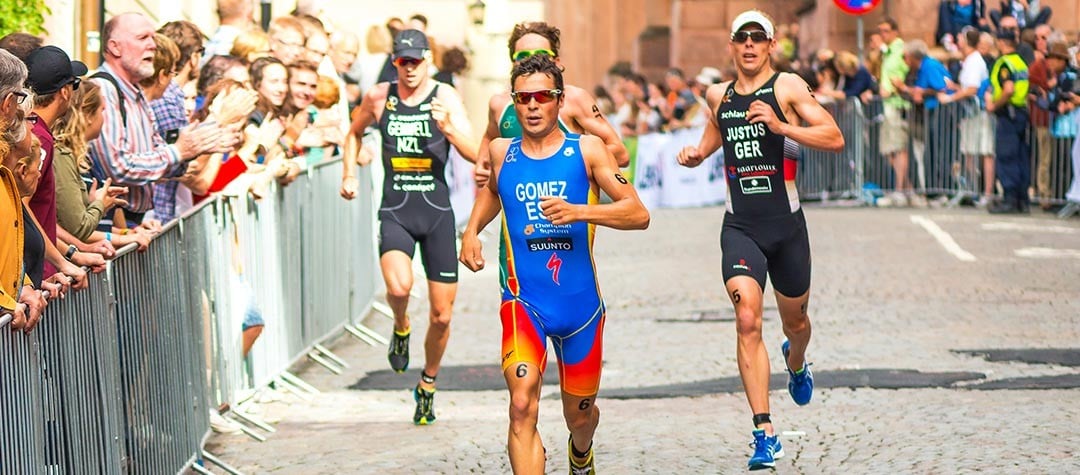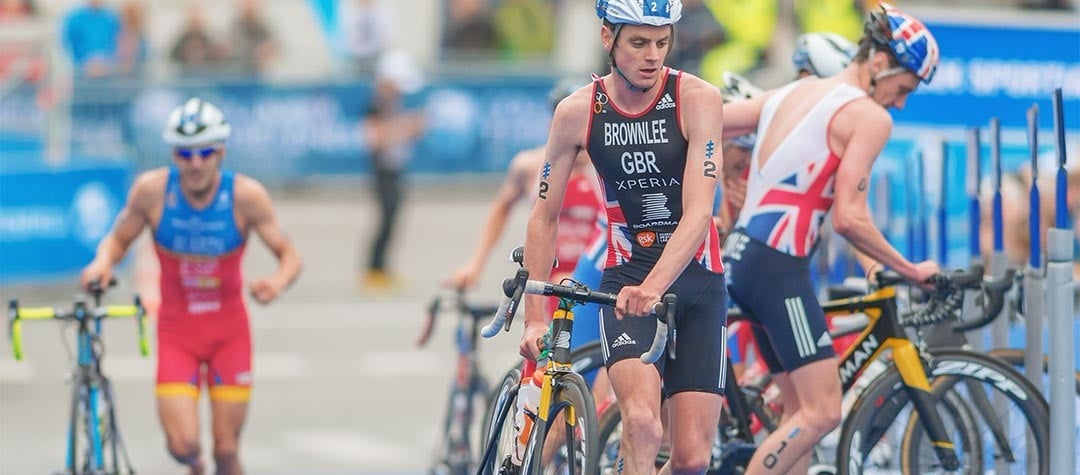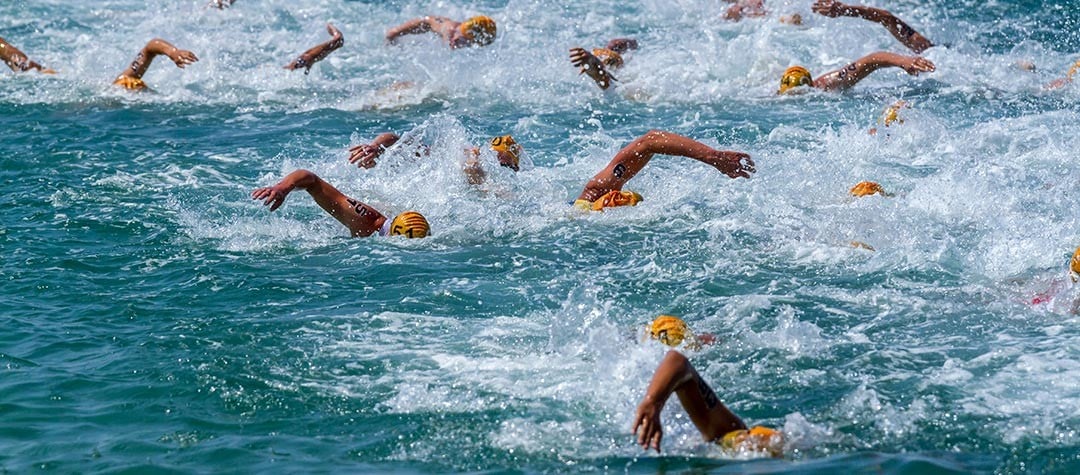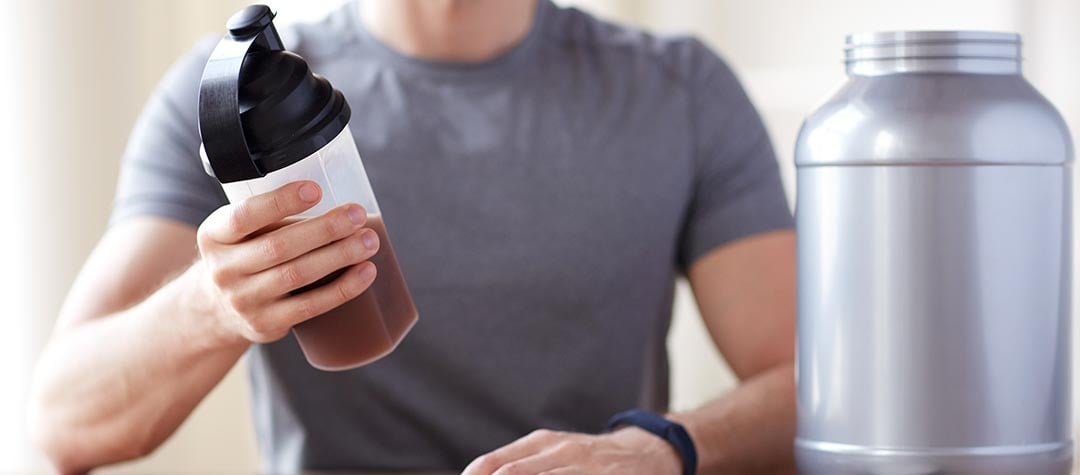An Ironman is a massive endurance challenge, but how do you ensure you complete it and don’t end up with a dreaded DNF next to your name? Will Clarke advises how to ensure you complete your Ironman.
Ironman is an enormous challenge for any athlete to undertake. It's a very long way and speaking to anyone after the race you could talk for hours about the trials and tribulations of what went on throughout out the day. It's very hard to get them completely right and it's very, very easy to mess them up. Experience counts for a lot and of course most people don't get to race many Ironman events, they are quite expensive and of course it's not a good idea to race more than a few a year.
Ask questions
The more you know about the sport the more likely you're going to get round the Ironman in good shape so my first advice is to become a student of the sport. Ask questions to more experienced athletes and use what they're doing as a base line. You need to know what your physical limits are for a race of this duration and stick to that throughout you need to know what nutrition you need to get round a race of this magnitude.
Don’t overthink it
Mentally if you look at Ironman on paper it's extremely daunting! Just the small matter of a 3.8k swim, 180k bike and a marathon! Most people haven't even run that far, let alone backing it up after the long and hard swim and bike. I'd advise to try not to think about it too much, in my experience it's often not as hard as you might expect it to be and the day flies by faster than you think.
Break it into chunks
Just break it down into the three chunks and concentrate on executing each discipline. The swim is the shortest part and will take care of itself. The challenges in my opinion should come in the last part of the bike and the last part of the run. If you're hurting bad in the first 90k of the bike and the first 20k of the run you've probably messed it up!
Preparation is everything
Preparation is crucial when putting together a solid Ironman performance, as always the more you put into it the more you get out, but don't fall into the trap of more is better. It's important that you get in the key sessions but it's also important that come race day you're fresh and motivated.
Train hard but don’t forget to taper
When training for Ironman it's important that you do some very long days to give you the feeling that you'll experience in an Ironman. Rides of over 6 hour, runs of 2.5 hours and long swims. You should also use these days to practice your race day nutrition. Don't forget to start your preparation far out and award yourself a nice taper to you arrive feeling fresh and motivated.
Fuel your race
Nutrition is normally the biggest excuse for a DNF and it's normally because the athlete didn't do their homework. It's important to study the energy values of different foods and learn a bit about physiology and digestion. Athletes usually can stomach between 80-90g of carbs per hour along with 750ml of water. Most people will run into problems if they take less than this or more than this.
The easiest way to reach these totals is from energy gels and Isotonic drinks however of course this doesn't sit well in the stomach with some athletes. I like to mix it up with some cereal bars as well. Don't forget that of course hydration is crucial but it's also about taking enough water that you can digest everything you put into your stomach.
Correct pacing
Pacing is obviously everything for an event of these distances. Try to even pace the race as best you can, no big spikes in effort above your threshold as this will kill your energy. Keep to the pace you know you can hold for the whole time and of course if you feel like you can push on harder you can do that towards the back half. Your pace should be right on your Fat Threshold, this is the point where you stop burning carbs and instead burn fats which is a much longer lasting fuel source.
Picture credit: max blain / Shutterstock.com














